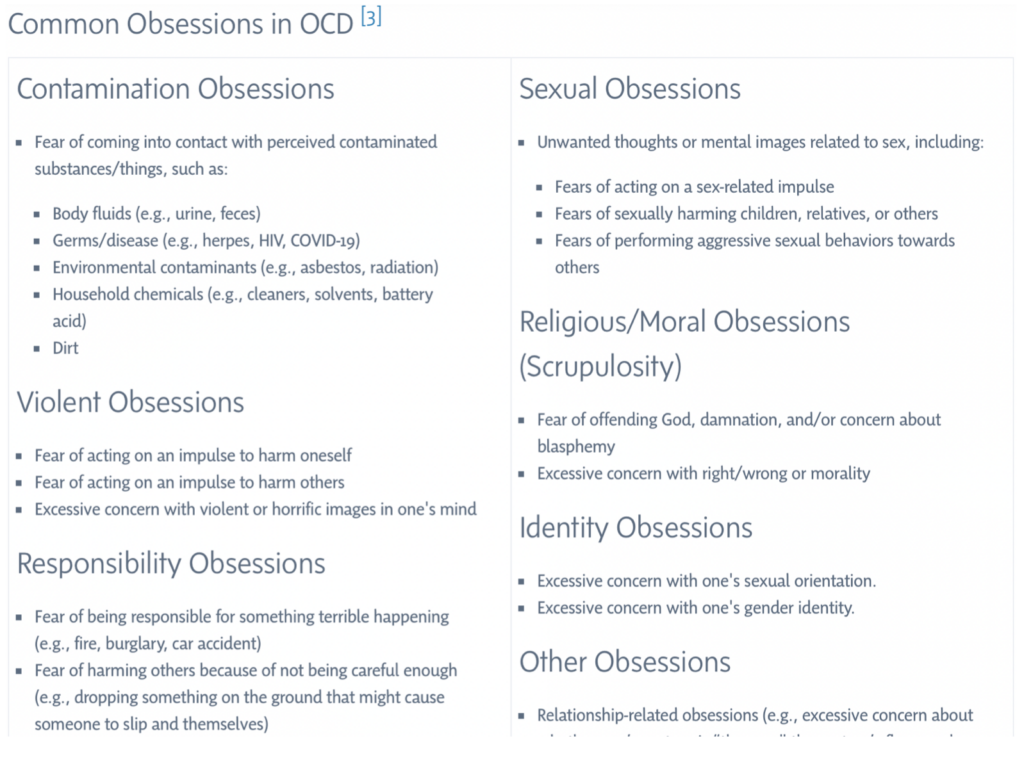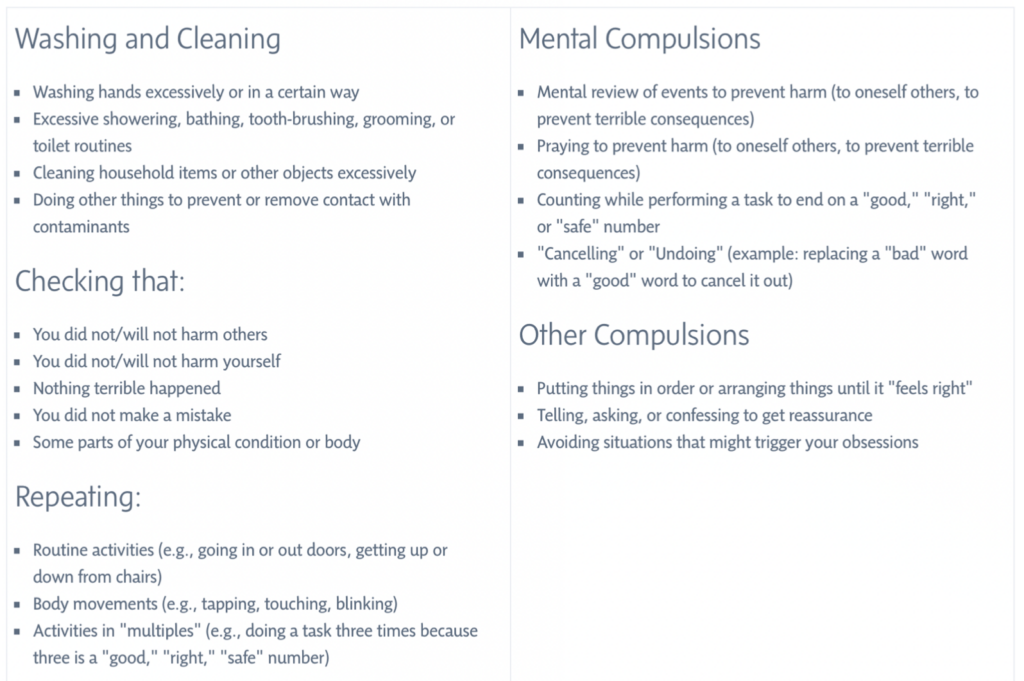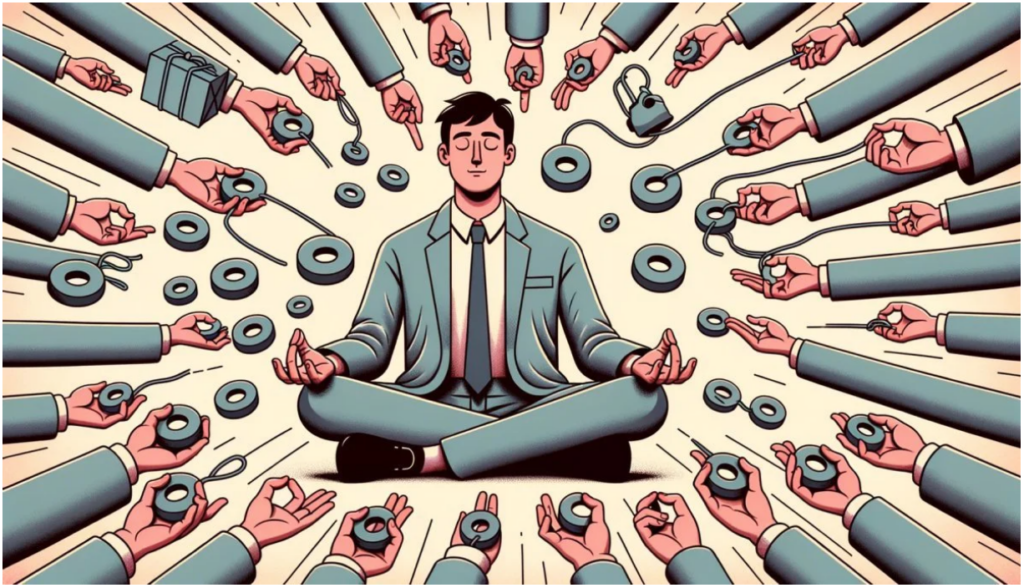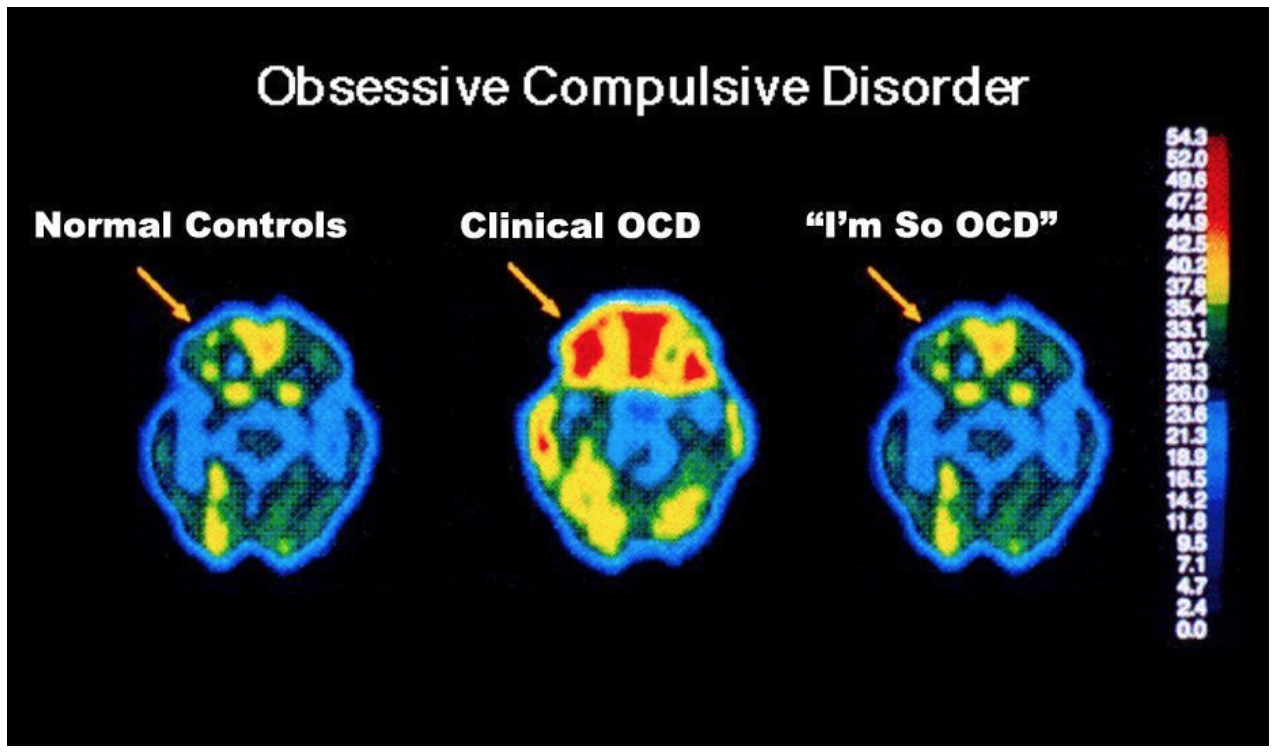“OCD – Obsessive Compulsory Disorder “

Examples of compulsion symptoms include:
- Hand-washing until your skin becomes raw.
- Checking doors over and over again to make sure they’re locked.
- Checking the stove over and over again to make sure it’s off.
- Counting in certain patterns.
- Silently repeating a prayer, word or phrase.
- Trying to replace a bad thought with a good thought.
- Arranging your canned goods to face the same way.
Is a mental disease the main branch of anxiety disorders, which is a cause of obsessive, repeating thoughts. Those are the non-necessary, unnecessary thoughts. These distort the daily routine and time management of people.
The OCD affects mainly children from preschool to adulthood. Research shows that approximately 1 in 100 adults, or between 2 to 3 million adults in the United States, and at least 1 in 200 kids and teens, or around 500,000 youth in the United States have OCD.
Studies indicate that OCD is a condition characterised by difficulties in communication between the frontal part of the brain and the deeper parts of the brain. The areas of the brain that are involved in regulating mood use a neurotransmitter (which is also a chemical messenger) called serotonin. Even though, the studies reveal that OCD is inherited and that genes probably are the main factor in the creation of this disorder. Genes seem to be only partially responsible for the disorder, it appears to be.
The DSM5 and ICD10 specify that the person must be below the symptoms within two weeks of time period.
Obsessional symptoms or compulsive acts or both, which are present on most days for at least 2 successive weeks, must be the source of distress or interference with activities and thus, the case of OCD is diagnosed.
Although, OCD shows in lots of different ways, It makes people have unwanted thoughts and do things over and over. This can make daily life hard and mess up relationships and health.
Unwanted Thoughts
People with OCD get thoughts that they don’t want and that make them worried. These thoughts can make them scared of germs, doubt if they did things right, or have bad thoughts about harm. They might also feel that things must be just so, or that they need to be perfect in their morals or faith.
Repetitive Behaviours
People with OCD do things again and again to try to calm their worries. They might clean too much to avoid germs, check things too many times, do things in a set way, count and organise things a lot, or say things in their head to make the thoughts go away.
Impact on Daily Life
OCD takes up a lot of time, making it hard to do regular things. For example, someone who fears germs might spend hours washing their hands each day, while someone who checks too much might be late for work because they keep checking the doors.



Written by:
H.L.Methmi M. Chandrasiri
BSc in clinical psychology & counselling Dip. in psychology & counselling
Dip. In counselling skills

